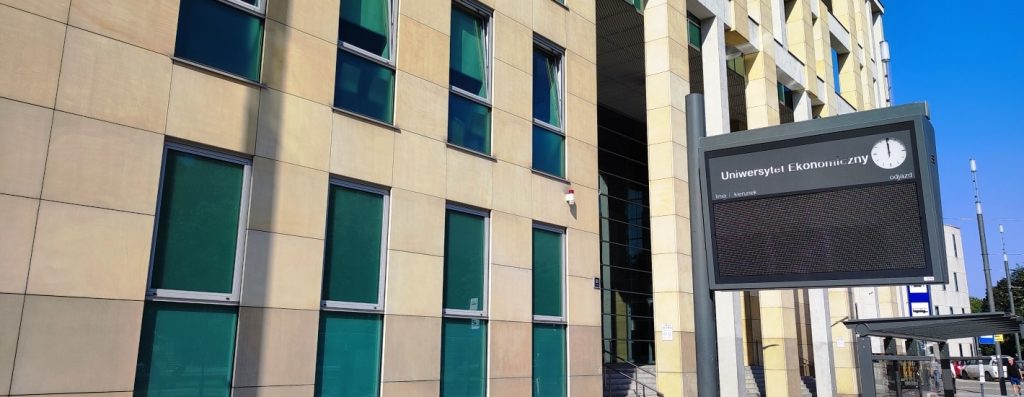
During the Didactic Conference at the Poznań University of Economics and Business, employees of the Department of Information Systems presented research results on the possibilities and limitations of generating texts using tools based on generative artificial intelligence, analyzing both the advantages and potential threats. The research was conducted based on the analysis of texts generated by ChatGPT as part of student essays.
There are several arguments pointing to the potential threats to university education associated with technology such as ChatGPT. For example, they are related to the fact that similar technologies can replace traditional forms of teaching, negatively affect students’ research skills, can lead to the neglect of soft skills, and affect the ability to concentrate.
In the context of replacing forms of teaching, there is a concern that tools based on language models, such as ChatGPT, may replace traditional forms of teaching, leading to the neglect of teacher-student relationships and interactions with peers. However, for many students, contact with lecturers and collaboration with colleagues are a key part of the educational experience. It is also worth remembering that interacting with people, developing communication skills and the ability to work in a team are key competencies that may be neglected if the main educational tool is tools based on generative artificial intelligence.
Another concern is that students may use ChatGPT to quickly generate essays, homework, or answers to questions rather than analyzing and working on the material themselves. This can lead to a situation where students do not acquire actual knowledge or skills. If students rely primarily on language models (such as ChatGPT) to obtain information, they may lose the ability to independently search, analyze, and critically evaluate sources. Additionally, although language models are very advanced, they are based on previously collected data. This means that they can only propagate the knowledge and perspectives available at the time the model was last trained. This may limit diversity and innovation in education. Additionally, constant access to information and quick responses may impact students’ ability to reflect deeply and concentrate on longer and more complex tasks.
Nevertheless, technologies such as ChatGPT can offer many benefits for education. For example, thanks to generative artificial intelligence, students can adapt the pace and style of learning to their own needs, which can contribute to a better understanding of the material. Tools such as ChatGPT can serve as an additional source of information for lecturers, helping them prepare teaching materials or answer difficult questions. Additionally, language models can contribute to the creation of interactive courses and teaching materials that increase student engagement. Moreover, language models can be easily integrated with other learning tools to create a comprehensive learning environment.
Students can use large language models to explore various topics, generate ideas, or work on research projects. Additionally, generative AI can be used for language practice, helping students develop writing and communication skills in different languages. In this context, for students for whom the language of lectures is not their native language, tools based on large language models can serve as a tool for translating and facilitating the understanding of complex concepts.
While technologies such as ChatGPT have the potential to significantly enrich university-level education, it is important that they are used thoughtfully to provide added value to the learning process and not replace key aspects of education.
The Didactic Conference took place on September 18, 2013 in the main building of the PUEB. Presentation entitled “Generative Artificial Intelligence: The end or the beginning of better student creativity?” was presented by Prof. Witold Abramowicz, Prof. Krzysztof Węcel and Dr. Włodzimierz Lewoniewski as part of the session “Artificial intelligence – challenges for teaching and science”. More information about the conference can be found on the website: ue.poznan.pl/wydarzenia/konferencja-dydaktyczna/.
This research is supported by the project “OpenFact – artificial intelligence tools for verification of the veracity of information sources and fake news detection” (INFOSTRATEG-I/0035/2021-00), granted within the INFOSTRATEG I program of the National Center for Research and Development, under the topic: Verifying information sources and detecting fake news.